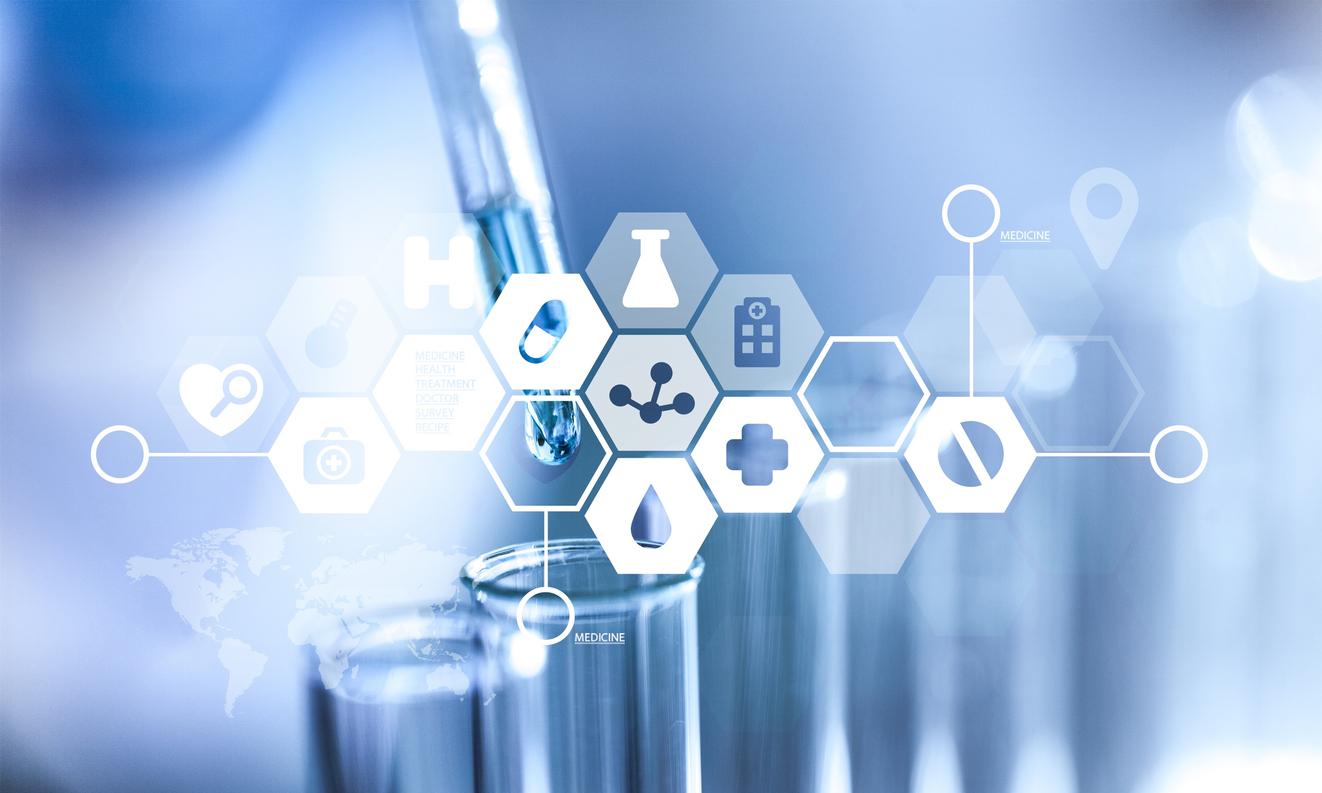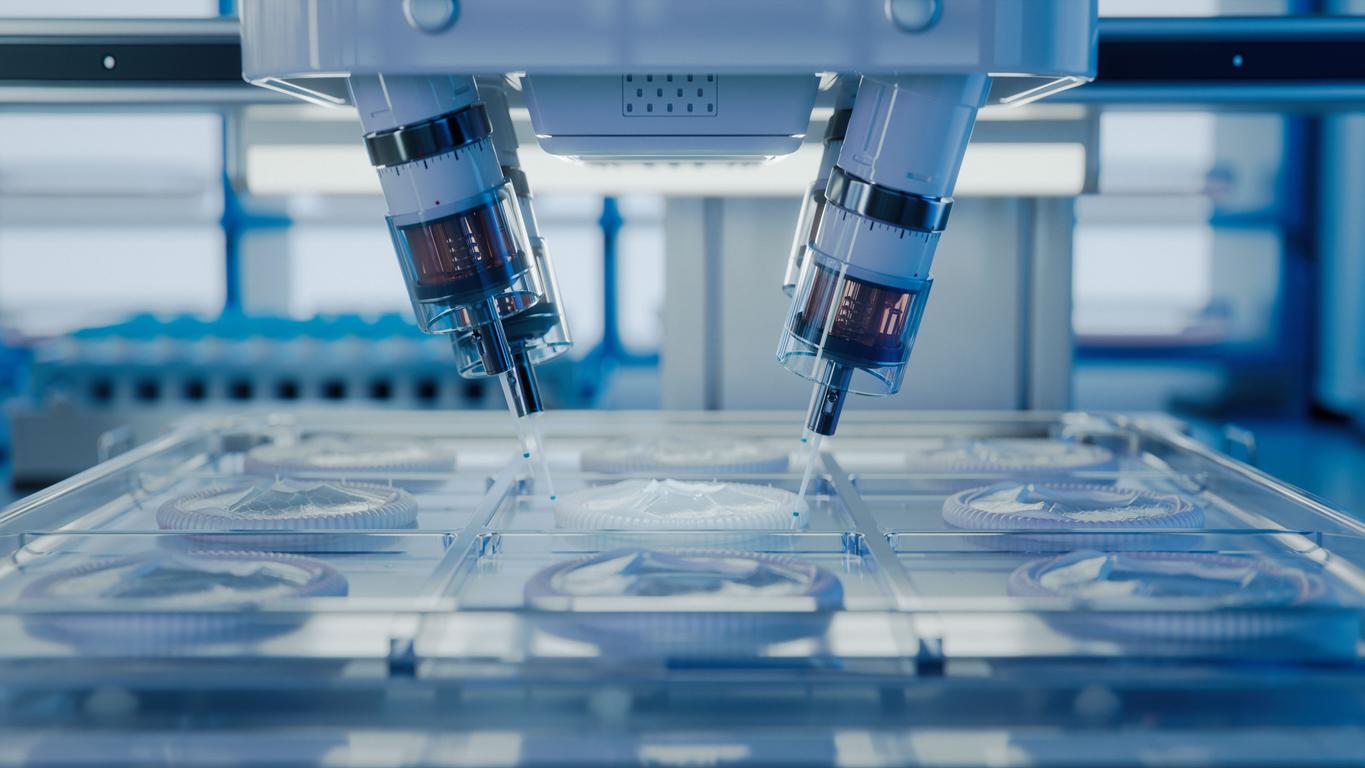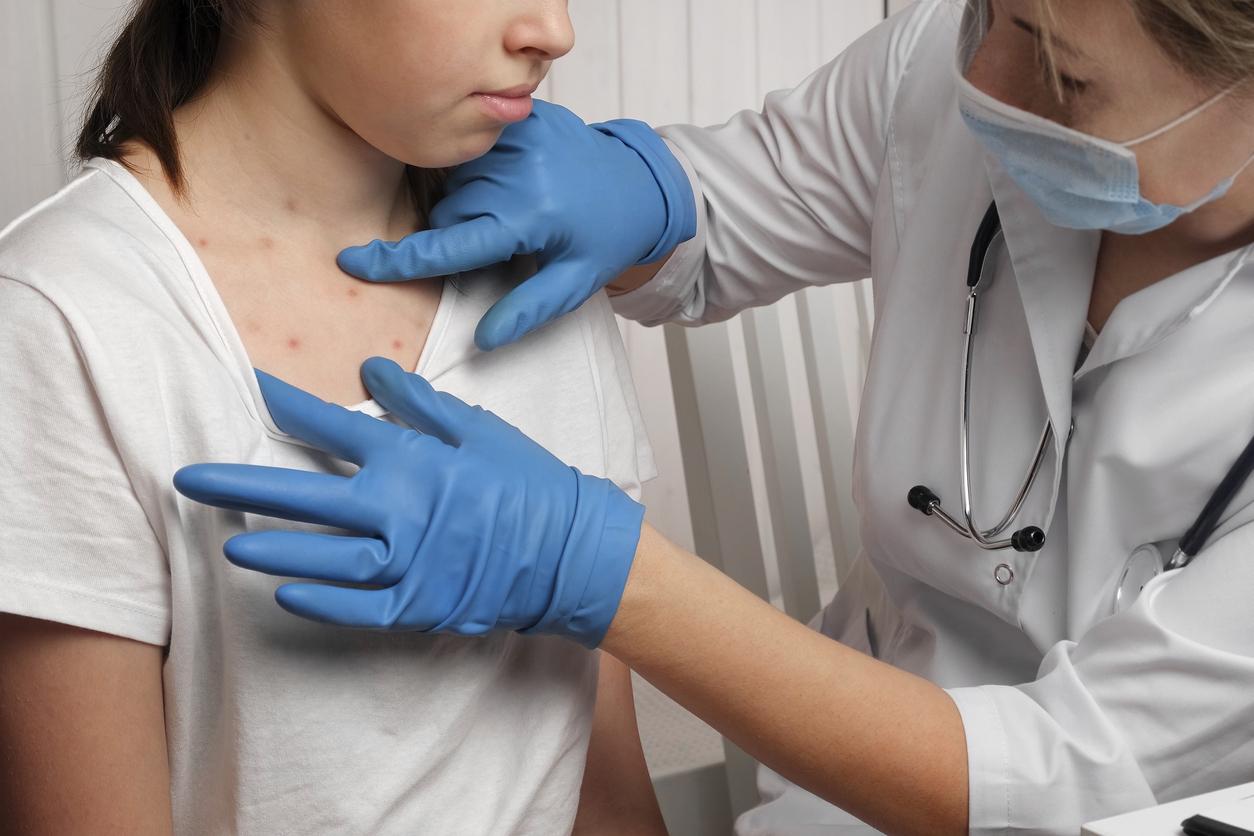A new acellular biotherapy, unique in the world, is currently being developed to treat people with amyotrophic lateral sclerosis. We talk about it with its designer, Professor David Devos, neurologist, pharmacologist, director of the Inserm U1172 research team and co-coordinator of the ACT4ALS-MND network (F-CRIN).

Why doctor: Why your research program, SECRET-GIFT, carried out thanks to the ACT4ALS-MND Network (F-CRIN), is it a source of hope for patients with amyotrophic lateral sclerosis (ALS)?
Pr David Devos: Amyotrophic lateral sclerosis is the most terrible of brain diseases because if the neurologist has not made a mistake in the diagnosis, which is very rarely the case, we are condemned with a life expectancy of 3 years on average. For 50 or 60 years we have been looking for so-called “neuroprotective” treatments, not to cure it, but at least to significantly slow down its progression. Currently, there is only one treatment in the world that is capable of this: Riluzole. It increases survival by three months. We also have a little hope with Tofersen but it only works for a very small group of patients who have a mutation in the SOD1 gene. This disease therefore has a considerable lack of treatments.
As a physician-researcher, I took a different approach because I don’t think that by acting on the Y receptor or the X pathway I will succeed in reversing a disease where everything is destroyed in two years.
How is this new therapy, which you patented with Professor Burnouf, innovative?
Currently, we do a lot of targeted therapy, that is to say we take a receptor and a molecule to try to treat patients. As a physician-researcher, I took a different approach because I don’t think that by acting on receptor Y or pathway X I will succeed in reversing a disease where everything is destroyed in two years. I had the idea of working on this acellular biotherapy 14 years ago, through a meeting with Professor Thierry Burnouf who was working on platelets. While discussing together, we realized their power: platelets are not only used for blood clotting, they also have a function of protection and tissue repair thanks to the secretome. And we had the idea of working on this repair system and creating a platelet lysate injectable into the brain of ALS patients. We started doing cell culture in 2012 and we realized that it worked very well on two classic ALS mouse models. Since then, we have of course continued the trials, we patented our innovation and launched in 2022 the start-up InVenis Biotherapies, a spin-off from the Lille campus, to carry out a first clinical trial on people.
How do you manufacture this biomedicine, HPPL (“Human Platelet Pellet Lysate”)?
The idea is to collect platelets from healthy donors who are reaching their expiration date, i.e. the 9th day, when transfusion at the hospital is no longer possible. These platelets then undergo several freezing and thawing treatments in order to break the membranes. We also perform centrifugations and heat the product until we obtain a very clear liquid containing blood platelet growth factors and which is compatible with human administration into the central nervous system.
In our animal trials, we observed that every time we administered the right dose of product, very strong neuroprotection was observed.
How would treatment be administered to people with ALS?
This is a long-term treatment. The idea is to inject the treatment directly into the patient’s brain using a very fine catheter placed behind the head that only penetrates 3 cm into the brain. The system is connected to a small pump placed under the skin of the stomach to administer a specific dose. This requires an intervention, but the risks of hemorrhage or infection are very low, as we have seen in patients with Parkinson’s disease who are treated in this way for the administration of dopamine.
What are the first results?
In our animal trials, we found that every time we administered the right dose of product, we had very strong neuroprotection. In the most severe model of the disease, we saw a 130% increase in survival, which is exceptional.

If all goes well, when could we expect to see this treatment on the French market?
We have to launch the first clinical trial on 12 people in 2026-2027. Then, if all goes well, we will launch a second one. But you have to know that a well-conducted therapeutic trial is always a minimum of 3 to 5 years, because you have to be very careful, find the right dose for each patient, etc. So, in the best case, I would say that it will be in a little over 2 years for the first patients and 10 years for all the people who want it.
Do you already know the characteristics of the patients who will be able to participate in this first trial?
With the ACT4ALS network research team, we already have an idea of the criteria for these patients, but we are still in discussion. It is quite complex because we have to succeed in properly evaluating the drug and if we define criteria that are too strict, we will have more difficulty finding patients, but if it is too broad, the patients will be too heterogeneous… One criterion on which we are unanimous is that we need patients “at the beginning” of the disease, who have a progression at the same speed, and forms of ALS that are neither too fast nor too slow.

















